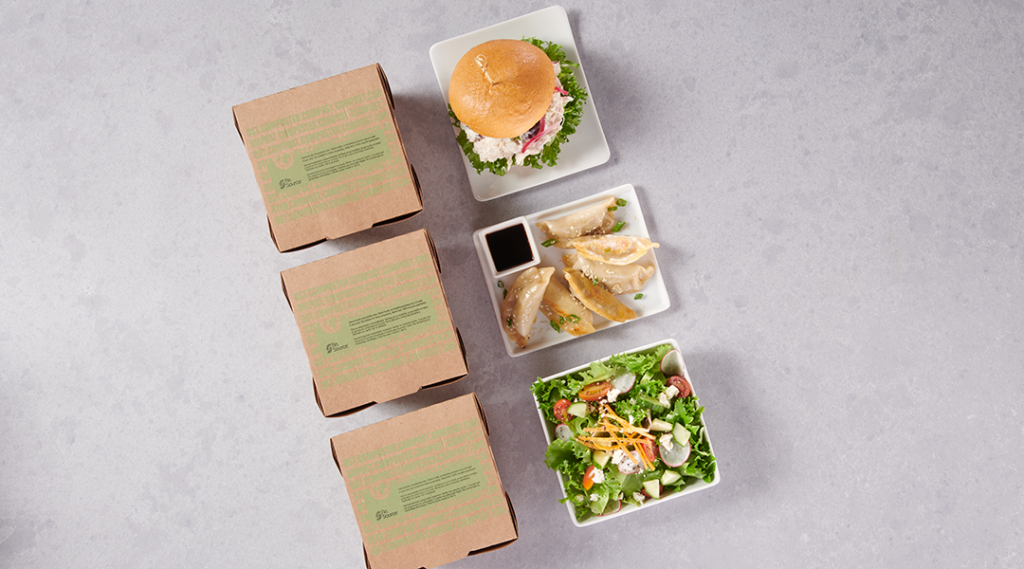The best dining experience comes from really knowing the people you serve.
Your healthcare organization and your guests are a melting pot. Cultural diversity, equity and inclusion are more than just a catchphrase – they are an essential part of everything from recipes to an outstanding dining experience.
The people who work in and those you serve in your hospital, long-term care or senior living establishments come from different backgrounds. Awareness builds a welcoming environment for your team and guests.
Why diversity, equity and inclusion matter
Acceptance and understanding increase job satisfaction and personal happiness. Here are some things you should know about diversity, equity and inclusion:
- There is growing diversity in the aging population.
- Diversity has many categories.
- Ethnicity, ancestry or race.
- Gender identity, expression or sexual orientation.
- Age.
- Socio-economic status.
- Physical abilities.
- Religious or political beliefs.
- Neurodiversity.
Tips for communicating across cultures
Welcoming, person-centred care happens when caregivers recognize and understand diversity, keeping an open mind and staying curious about people and their experiences. Here are some ways to improve relationships:
- Avoid slang and use a shared language.
- Speak slowly and clearly.
- Don’t make assumptions.
- Be aware of any personal blind spots or biases.
- Be flexible – offer to write something down if needed (pictures, sample plates).
- Provide written translations to avoid misunderstandings.
- Encourage feedback.
- Ask for clarification if needed.
- Understand religious needs – halal, kosher, etc.
- Naming of food
- The written language of that food item
- Physical attributes (left-handed spoon, two-handed cup)
- Chopsticks (different types), soup spoon
Accessibility and inclusion practices
Everyone is unique. Recognizing this creates a relaxing environment that makes the dining experience enjoyable:
- Know your guest’s needs and accommodate them.
- Always ask the guest first before offering assistance.
- Recognize that not all disabilities are visible.
Handling special needs
In every situation, it’s necessary to be attentive, flexible and patient. Recognizing mental and intellectual abilities is an important component of diversity awareness.
Guests that have dementia, for example, may have varying levels of cognitive awareness. Better understanding of individuals can create a nurturing environment that helps to overcome obstacles to proper nutrition.
To optimize interaction during dining with guests who have dementia or other cognitive conditions:
- Address the individual directly.
- Focus on the individual, not the task.
- Be attentive, flexible and patient.
- Always follow clinical best practices for supporting meal time.

























